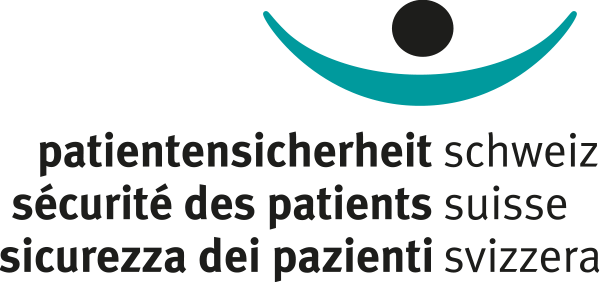
Diseases of the Small Intestine (without Duodenum), Large Intestine, Rectum, including Tumours
Do you have any questions? Benefit from personal advice on second medical opinion and choice of hospital:
+41 41 228 09 94
Various factors increase the risk of developing intestinal diseases:
Combination of tobacco and excessive alcohol consumption
Unhealthy eating habits over the years (too little dietary fibre, too much red meat, and processed meat products, such as sausage)
Many years of chronic inflammatory bowel diseases such as ulcerative colitis and Crohn's disease
Development of diverticula and polyps in the intestine
- Diabetes
Persistent stress, lack of exercise and overweight
Family or genetic predisposition
Age over 50
The most important examination methods for the early detection of colon cancer are the faecal occult blood test (FOBT) and the colonoscopy. Mandatory health care insurance covers the costs of examinations for the early detection of colorectal cancer in persons between the ages of 50 and 69. It pays for the faecal occult blood test every two years, or a colonoscopy every ten years. It is important that you participate in a quality-controlled early detection program organised by specially qualified institutions and individuals.
People who are at increased risk for colorectal cancer (e.g. those with parents or siblings who have had colorectal cancer or colon polyps; chronic inflammatory bowel disease) should discuss with their doctor to find out from which age a study is advisable.
Your guides:
Your checklist:
Further information:
In everyday life, food intolerance is quite common, such as lactose, fructose or histamine intolerance. In the case of food intolerance, the body develops discomfort for a variety of reasons because it cannot digest a particular substance. With intolerance, the body does not produce antibodies as it does with an allergy. Typical symptoms of intolerance are flatulence.
Avoid foods that you cannot tolerate.
If you have any symptoms, keep a food diary and note reactions to certain foods. This information is also very important for the determination of therapy.
Your guides:
Your checklists:
Further information:
CONCORDIA has commissioned the institute B,B,S. Economic Consultants in Basel to evaluate the treatments and operations of diseases of the small intestine, large intestine and rectum in all Swiss acute care hospitals – independently, neutrally, and according to statistical quality criteria.
The quality of inpatient treatment was assessed, along with the length of stay and the hospital costs.
During a personal conversation, we will show you, on the basis of the results, which hospitals throughout Switzerland have excelled over the years in the treatments and operations of the small intestine, large intestine and rectum in terms of quality and efficiency.
Use our consulting offer to find out which hospital is most suitable for your treatment.
Naturally, you still have the choice of when and where you would like to be treated, in line with your basic and supplementary insurances.
Tumour board: Collective knowledge
In addition, for operations and treatments of the small intestine, large intestine and rectum we recommend a second medical opinion. If you are covered by a hospital insurance at CONCORDIA, a second medical opinion is free of charge if you apply for it via the Lucerne Cantonal Hospital (LUKS).
Physical recovery and rehabilitation are in the foreground, but the psychological stress must be processed. It usually takes a while for nutrition and digestion to return to normal. Pain and nausea can be relieved in most cases.
These are the other key aspects of aftercare:
Outpatient oncological follow-up checks with therapy recommendations from conventional medicine, and possibly from complementary medicine or palliative care
Possible rehabilitative measures to maintain or support your physical and psychological health
Medication to support the digestive function and nutrient utilisation
In the case of an artificial bowel outlet, or ileostomy: instruction and stoma counselling, nutritional advice, weight control
Living with a chronic illness requires very good self-management in order to be able to successfully master the various challenges in everyday life. concordiaCoach can support you in finding good solutions.
Get vaccinated against influenza in good time before the flu season. The best time is between mid-October and mid-November.
Your guides:
Further information:
Give us your feedback: What experiences have you had with the CONCORDIA Health Compass? Do you have questions about using it?
What suggestions do you have for us? Or maybe you didn't find what you were looking for?
Call us on +41 41 228 09 94. Or write your message to healthcompass@concordia.ch.
We would be happy to provide further assistance.




